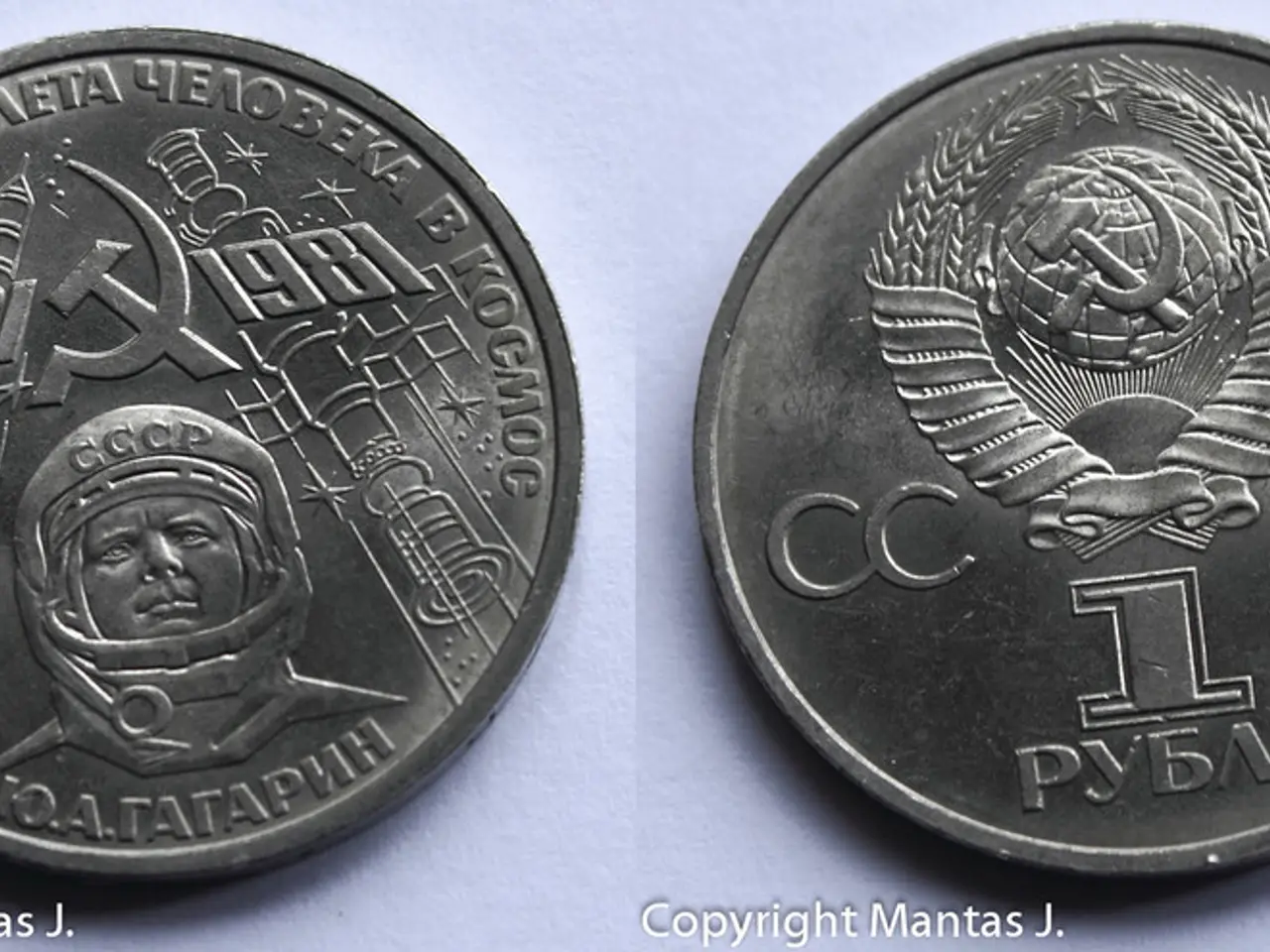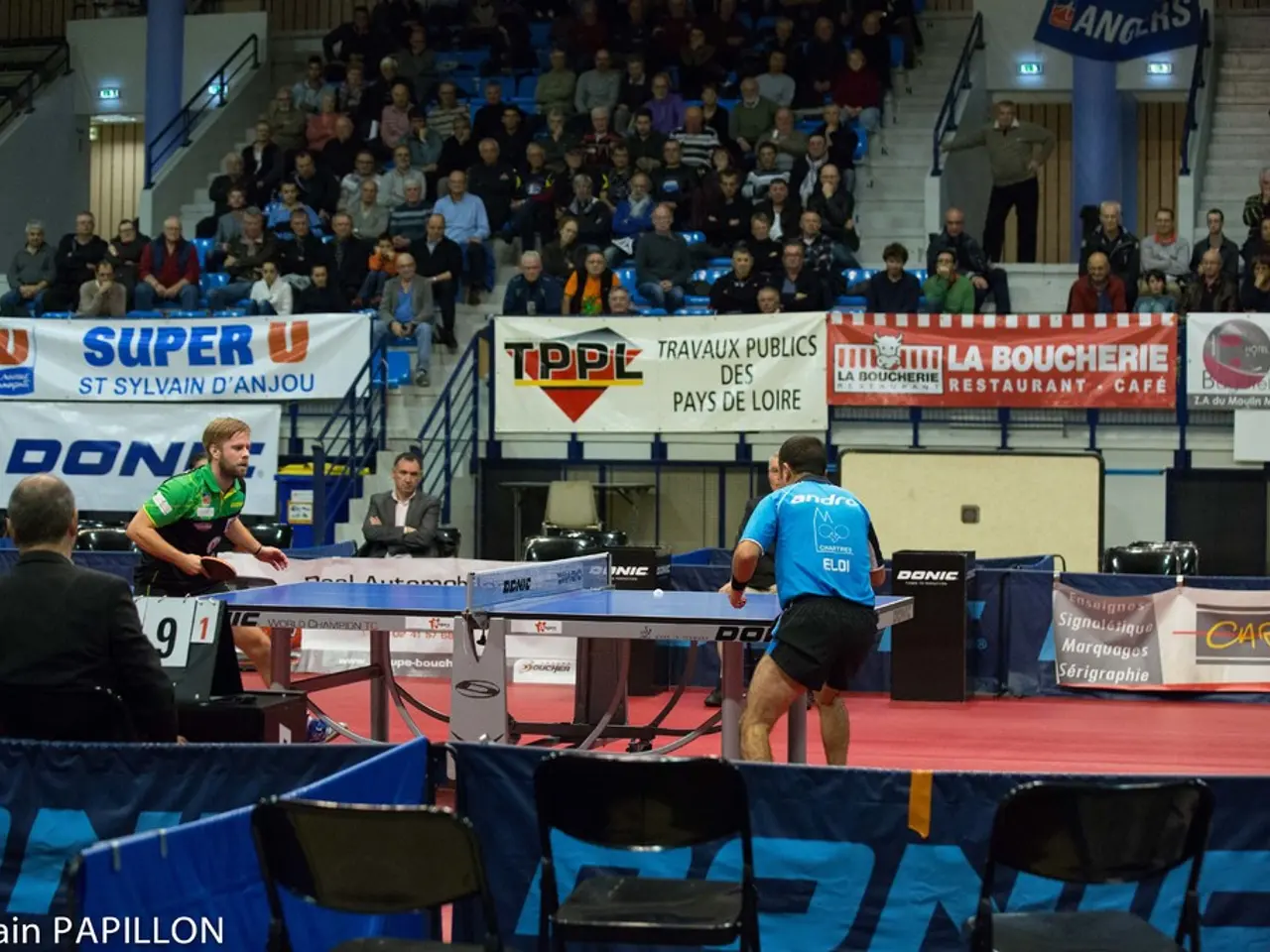Sports tribunal significantly diminished: "The sports court has suffered a severe blow"
The European Court of Justice (ECJ) has made a landmark decision that has significant implications for the Court of Arbitration for Sport (CAS) and its role in sports disputes within the European Union (EU).
The ruling states that national courts in the 27 EU member states must have the authority to conduct an in-depth judicial review of CAS awards to ensure compatibility with fundamental EU law. This means CAS decisions, which have traditionally been binding and final, can now be effectively challenged and reviewed by EU courts.
This decision marks a notable legal limitation on the authority of the CAS and FIFA within the EU. It weakens the exclusiveness and finality of CAS decisions in the EU by affirming the right of EU national courts to review them for compatibility with EU law.
The ruling opens the door for increased legal challenges within the EU. Athletes, clubs, or other stakeholders can seek review of CAS decisions on grounds that they violate EU law, including competition law and public policy. This represents a major shift, as it breaks the monopoly of Swiss courts and CAS over sports arbitration.
The ruling also has implications for key sports governance issues. The case arose around disputes involving FIFA rules, such as those prohibiting third-party ownership of player registrations, signaling that EU law can supersede sports bodies’ regulations when they conflict with EU principles.
The potential ripple effect of this decision may challenge the broader autonomy of international sports regulatory bodies headquartered in non-EU countries (like Switzerland), compelling them to align their rules and dispute resolutions with EU law.
The case originated from a legal dispute between Belgian football club RFC Seraing and FIFA, the world football governing body. RFC Seraing intended to transfer economic rights of players to an investor, a practice prohibited by FIFA and UEFA regulations.
Despite the ruling, it remains unclear how the CAS will adapt to the changed legal landscape following the ECJ ruling. Sports lawyer Jakob has expressed concern about the CAS's weakening position and emphasizes the CAS's original purpose of creating a globally uniform legal system. He suggests that the CAS and sports associations need to find a balance to ensure the EU's legal system is applied to CAS cases.
Until the ECJ ruling, only the Swiss Federal Tribunal could overturn CAS decisions. However, the ECJ's decision states that CAS decisions in the European Union must be fully reviewable, suggesting a significant jurisdictional expansion for the EU legal framework in sports disputes.
The ECJ's decision does not explicitly address disciplinary sanctions and doping bans at the CAS. It is yet to be seen how this ruling will impact these areas of sports arbitration.
In light of the changed legal situation in the EU, Jakob sees the CAS and relevant sports associations as responsible for maintaining necessary unity to preserve the integrity of sports and the globally uniform legal system they strive to uphold.
[1] https://www.ecj.europa.eu/judgments/document/document.jsf?text=&docid=220866&pageIndex=0&doclang=EN&mode=lst&dir=&cid=140524 [2] https://www.cas-tas.org/media/news/2021/01/cas-tas-11-01-2021-decision-on-the-request-for-arbitration-filed-by-rfc-seraing-against-fifa.pdf [3] https://www.fifa.com/mm/document/affederation/administrative/02/77/06/55/rfcseraingvfifa_020706_en_decision_of_the_fifa_appeals_committee_pdf [4] https://www.fifa.com/mm/document/affederation/administrative/02/77/06/55/rfcseraingvfifa_020706_en_decision_of_the_fifa_appeals_committee_pdf
The European Court of Justice (ECJ)'s ruling encourages vocational training opportunities within the sports community, as national courts in the European Union (EU) are now authorized to review CAS awards and challenge any decisions that violate EU law, which may include competition law.
The ECJ's decision also offers a chance for community policy reform, as it opens a path for sports organizations to align their rules and dispute resolutions with EU law to maintain legal compliance, ensuring the EU's legal system is applied to CAS cases.





